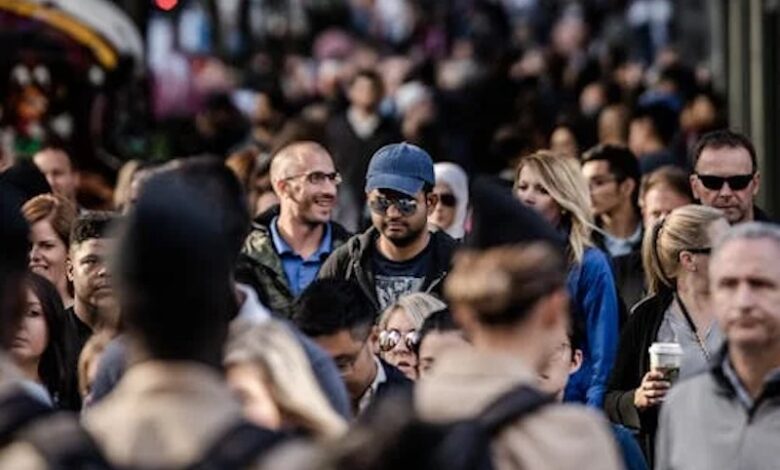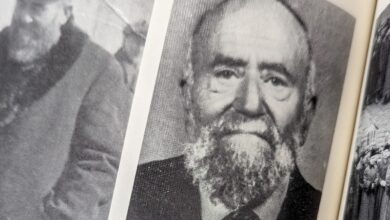Missouri, Kansas Christian Population Drops in Religious Landscape Study

The number of people who identify as Christian has declined by 15 percent in Missouri and 7 percent in Kansas over the past decade, according to the latest Religious Landscape study from Pew Research. Nationwide, 62 percent of American adults identified as Christian, down from 71 percent when it was last conducted in 2014.
The state with the largest reduction in people calling themselves Christians was Oregon, down 18 percent, followed by Missouri and Iowa, both down 15 percent. Although Christianity has declined since 2014, other religions have grown. In 2014, 0.9 Americans identified as Muslim, but now 1.2 percent of Americans do. Hinduism has also grown, from 0.7 percent of the population in 2014 to 0.9 today.
Recent analysis from Metro Voice News shows that each age group sees itself as less Christian than the last, with the exception of people born between 2000 and 2006. Although they also are less likely to view themselves as Christian, they are no less religious than those born in the 1990s.
“Time will tell whether the recent stability in measures of religious commitment is the beginning of a lasting shift in America’s religious trajectory,” the study said. “But it is inevitable that older generations will decline in size as their members gradually die.”
READ: Missouri tax credit helps foster kids
The most practiced form of Christianity in the U.S. is evangelical Protestantism, with 23 percent of all Americans identifying as evangelical. The second-most practiced form of Christianity is Catholicism, at 19 percent of the population, followed by mainline Protestant, with 11 percent of the population. The two most popular forms of Christianity for young people are evangelical Protestantism and Catholicism.
Fox News reports that although the survey found that rates of Christianity have declined, the vast majority of Americans share religious or spiritual beliefs. Eighty-six percent of survey respondents believe they have a soul or spirit as well as a physical body, 83 percent believe in a God or a universal spirit, and 70 percent believe in an afterlife.








